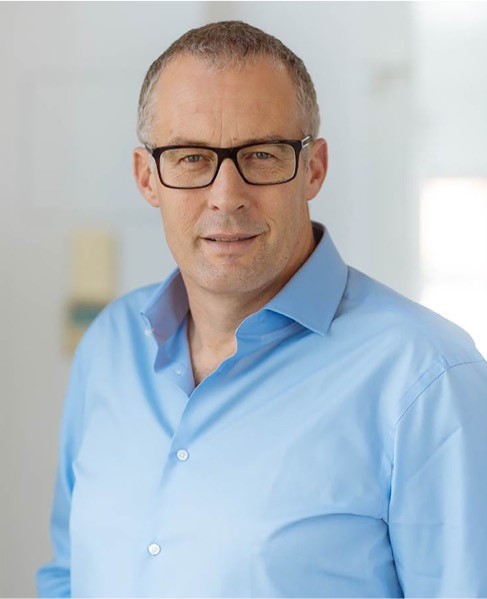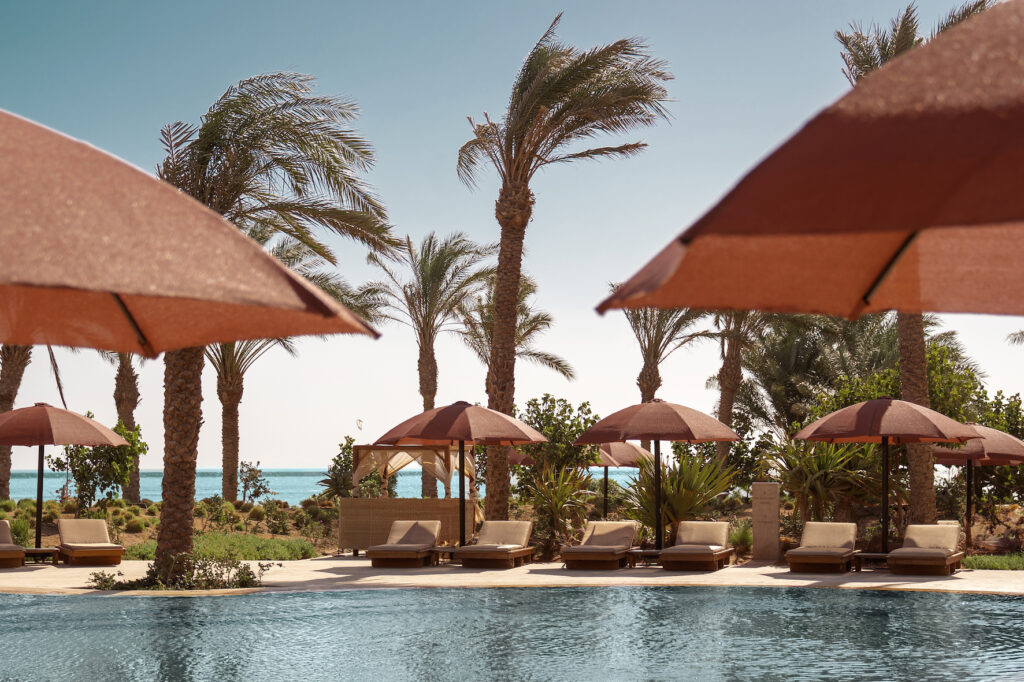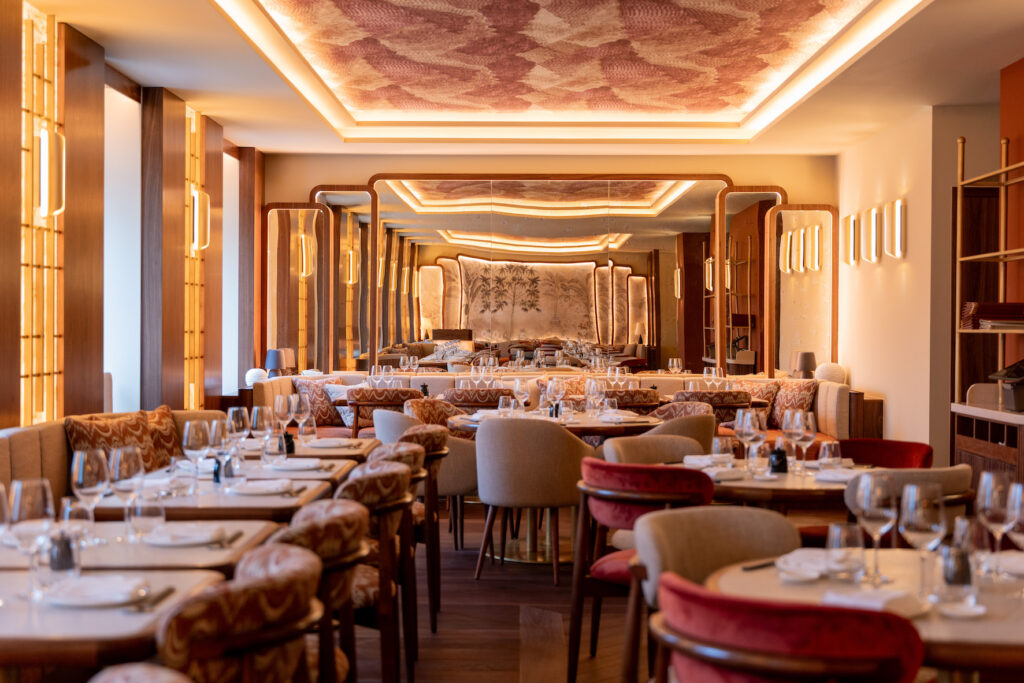Lordship Africa Chairman Jonathan Jackson on a passion project set to become the tallest luxury residential building on the continent—88 Nairobi.
Jonathan Jackson, the visionary CEO of Lordship Africa, is the mastermind behind 88 Nairobi, a towering 47-floor marvel in the heart of the Kenyan capital. As Africa’s tallest high-end residential building, 88 Nairobi is set to redefine luxury living on the continent. Here, Jackson candidly shares why 88 Nairobi stands as not only the most luxurious and secure development in Africa but also a landmark of opulence and a highly attractive investment opportunity.


88 Nairobi stands out as Africa’s tallest residential tower, but what truly makes it a game-changer in luxury real estate?
“When I envisioned 88 Nairobi, I aimed to create something truly unique for Africa. I’m proud of the details that make 88 Nairobi exceptional. The structure, built to USA standards, ensures both durability and safety. I’m particularly proud of the spaces we’ve created for residents to retreat and relax, such as the 21-metre heated pool on the 34th floor, a full spa and the oasis garden, complete with a bar, fire pit, and private gazebos, all designed as a serene escape.
On the lower ground level, you’ll find a 200-seat restaurant with private gardens, a multifunctional event room and, on the upper level, a grand entrance, valet parking and a lounge with co-working spaces and a business centre. From energy-efficient solar systems to grey water reuse and electric car charging stations, every element reflects our commitment to sustainability and innovation. And when I stand on the 47th-floor viewing deck, looking out over Nairobi, Kilimanjaro and Mount Kenya, I know we’ve created something extraordinary.”

Upper Hill is traditionally known as Nairobi’s business nucleus, yet residential developments here are rare. Why did you decide to break the mold with 88 Nairobi?
“Upper Hill, where 88 Nairobi is located, is Nairobi’s new business nucleus—home to embassies, financial institutions and major government offices. Initially, the land here was considered too expensive for residential use, and I had the same mindset when I first acquired it. However, I soon realised the untapped potential in creating a luxury residential development that caters to those who work and operate in this area.
The strategic location allows residents to avoid the city’s notorious traffic jams, with the new expressway making it quick and hassle-free to get out of town. This location not only offers convenience but also proximity to key parks and recreational facilities. Its transformation into a luxury hub highlights the city’s evolution as a global destination, offering residents not just convenience but prestige.
The development is near the historic Nairobi Club, offering tennis and squash courts, and is close to the Royal Nairobi Golf Club, one of the city’s top golf courses.”

The combination of luxury and prime location makes 88 Nairobi attractive to various audiences. Who are the typical investors and residents for a development like this? Are you seeing more interest from locals or international buyers?
“88 Nairobi has attracted a diverse range of investors and residents, including local business leaders, heads of state, embassy workers, bankers and lawyers from international firms based in Upper Hill—professionals who are eager to escape Nairobi’s notorious traffic by living close to their workplaces.
The building also appeals to investors interested in smaller units, driven by its proximity to the Kenyatta International Conference Centre and the Nairobi Hospital, the city’s leading private healthcare facility.
These investors see the potential for steady rental income from the hospital’s visiting patients and their families. To accommodate this demand, 88 Nairobi encourages owners to put their investment properties into the limited pool of managed units specifically for short-term lets.
Initially, most buyers were looking at the strong rental yields, especially given the scarcity of high-end residential spaces in Upper Hill. But now, with the completion of the show floor, we’re seeing a shift—around half of the new buyers plan to live here, drawn by the combination of luxury, security and prime location. We’re particularly proud of offering competitive pricing while delivering opulence on par with Dubai’s finest properties—luxury previously unseen in Africa.”

With such high-profile residents and investors, security must be a top priority. Can you elaborate on the advanced security measures in place at 88 Nairobi, and how they compare to international standards? Also, how would you address perceptions about safety in Nairobi more broadly?
“Nairobi, like many large cities, has areas where crime is a concern, but the situation has improved significantly. It’s not a problem in upscale districts like Upper Hill. This area is particularly safe, largely due to the quality of the developments and the enhanced security measures in place.
At 88 Nairobi, our security measures aren’t just comprehensive—they’re future-proof. With technology like NFC access controls, smoke detectors in every room, and sound and dust-proofed doors, we’ve created a fortress of safety that still feels like home. All movement within the building is monitored through extensive CCTV coverage, and we have a secure control room that can manage the building’s security in real-time.
The building has distinct entrances for residents and staff, thorough checks including vehicle inspections and personal screening, and advanced access controls using card readers and NFC technology. Deliveries are handled in a secure area outside the building, with packages scanned before being delivered internally. All these measures ensure that our residents can live with complete peace of mind.”
In Profile
Jonathan Jackson was born in Kenya, where his father played a significant role in advancing education. After achieving considerable success in real estate during the property boom in Eastern Europe, particularly in the Czech Republic and Slovakia, Jackson turned his attention back to his roots.
Through the Jonathan Jackson Foundation, he leverages sporting activities as a way to uplift communities, notably by building basketball courts and working with football projects like the Nairobi City Stars football club, which has reached the Kenyan Premier League. His return to Kenya reflects his commitment to leaving a legacy—one that blends world-class design with African ingenuity and creates opportunities for local communities.






